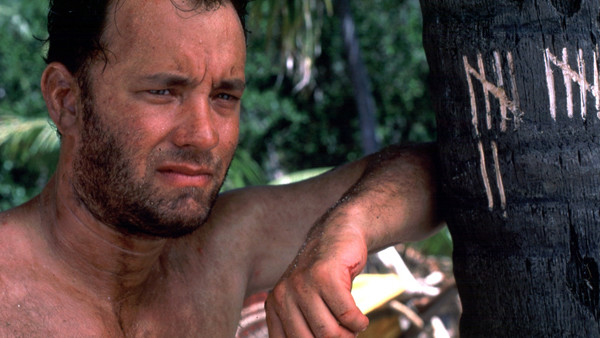The True History Of Movie Spoilers
Spoilers As A Marketing Tool

It's a common complaint about movie marketing these days that trailers generally spoil too much upfront. After all, who among us didn't go into Batman v Superman well aware of how most of the movie would go?
But studios aren't just giving the big beats away for free for the sake of it - they're listening to research which says this is exactly what your average audience member wants.
The trailers for Robert Zemeckis' movies Cast Away and What Lies Beneath both pretty much laid out the entire movie, and in an interview years later, Zemeckis confirmed that this was a conceited effort on the part of the studio. Zemeckis said:
"We know from studying the marketing of movies, people really want to know exactly every thing that they are going to see before they go see the movie. It’s just one of those things. To me, being a movie lover and film student and a film scholar and a director, I don’t. What I relate it to is McDonald’s. The reason McDonald’s is a tremendous success is that you don’t have any surprises. You know exactly what it is going to taste like. Everybody knows the menu."
Most audiences would probably prefer not to be compared to beef-hoovering McDonald's patrons, but he has a point, especially considering the commercial success of both movies.
Furthermore, a 2011 study at UC San Diego tested what effect spoilers had on the enjoyment of short stories, and found that telling subjects the big twist ahead of time actually enhanced their enjoyment in almost every scenario.
While it goes without saying that showing Cap (Chris Evans) wielding Mjolnir or Tony Stark's (Robert Downey Jr.) death in Endgame's marketing would've been mightily stupid, there are many cases where confirming to audiences what they're getting is actually commercially viable. Hobbs and Shaw's marketing spoiled every single set-piece, for example, but let audiences know exactly what to expect.
It's easy to get lost in the bubble of online film discourse where we think of ourselves as above God-fearing, popcorn-munching middle-Americans, but at the end of the day, they're the people who account for most of a movie's box office revenue.
As such, the fact that studios aggressively pander to them in such a fashion shouldn't be terribly surprising.
And with the history of movie spoilers now fully laid out and pondered, let us finally consider what it might mean for the future of movies and movie discussion...
Continued on next page...